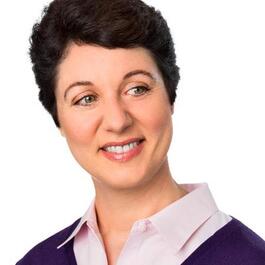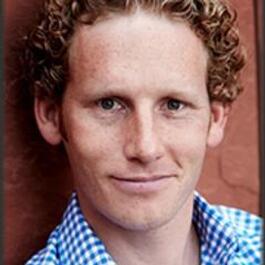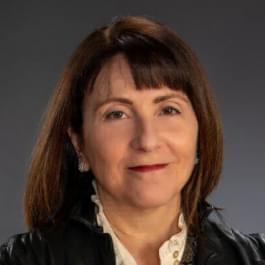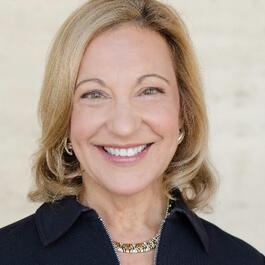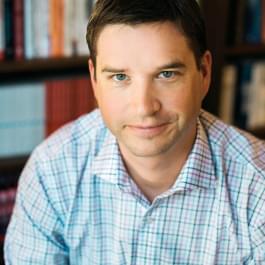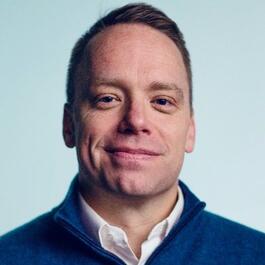
Curious Minds at Work
Want to get better at work? At managing others? Managing yourself? Gayle Allen interviews experts who take your performance to the next level. Each episode features a book with insights to help you achieve your goals.
Show episodes
In those moments when we want to disagree, why do we often stay silent? At those times when we want to opt out, why do we often just go along? A key reason is that it’s hard to defy. It’s hard to question the way something’s always been done. To challenge comments, behaviors, and systems. Yet it’s in those moments of d
Making changes in our own lives is hard enough. It’s even more challenging when we need to lead our teams or organizations to do it. That’s why I invited Dan Heath back to the podcast. Dan is the #1 New York Times bestselling author of Made to Stick, Switch, and The Power of Moments. This time he’s here to talk about h
Most of us dislike networking. At its best, it’s exhausting. At its worst, it can feel inauthentic, even manipulative. But what if it didn’t have to be that way? What if, instead, we could focus on helping others in ways that, in the long run, benefit us, as well? Rosalind Chow is an associate professor of organization
At some point in every leader’s career, they’ll experience a moment of crisis. And in these moments of enormous pressure and uncertainty, a leader’s actions can mean the difference between an organization’s survival or its demise. Dan Dworkis is an emergency room physician and professor of emergency medicine who’s bu
As you move up in leadership roles, you gain more power. Initially, you may take it in stride, thinking it’s something you earned and something you’d never let get in the way of being the manager you want to be. But as the pressure to perform grows, the gap in power between you and your team creates blind spots that ca
Managing up is crucial for your success. It’s about knowing your career goals and aligning them with your manager’s needs and priorities. Yet it’s a skill we’re rarely taught and one we rarely see done well. For Melody Wilding, this gap in how to manage her career became clear when it caused her to lose her job. It’s
